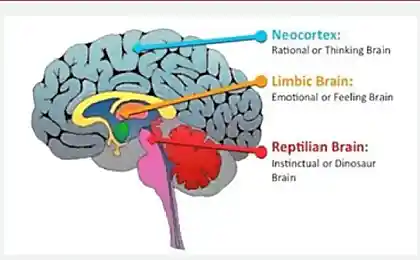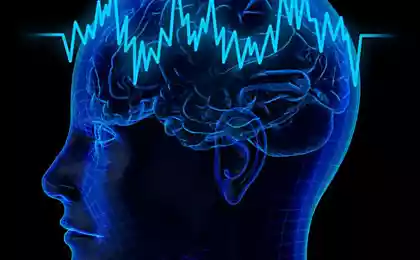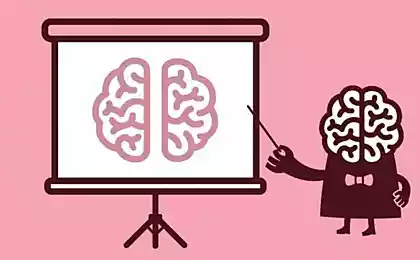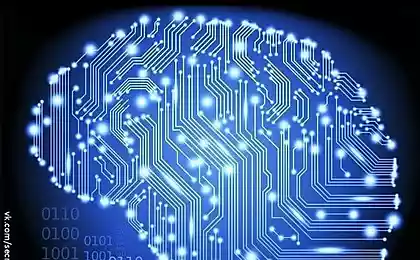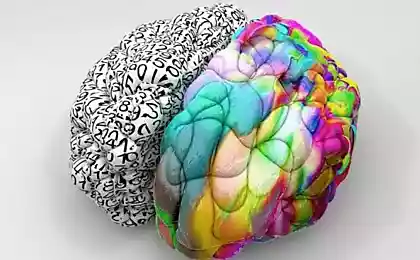845
Scientists have managed to convert brain signals into words
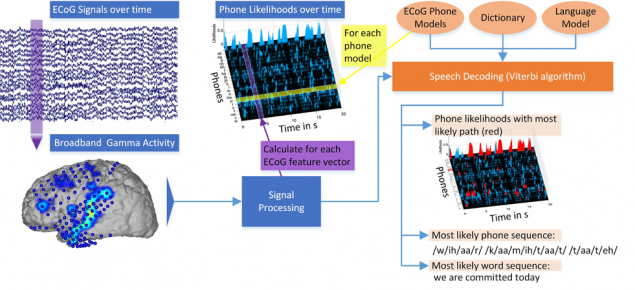
Scientists from the National Center of adaptive Neurotechnology (USA) and units of the State University of New York at Albany провели experiment to convert brain signals into speech. They called this experience "brain-interface text." But until this mind-reading is still far - Stephen Hawking have yet to use current interface for entering words into the computer. The widespread introduction of this technology will face certain difficulties.
First, the subjects electrodes were attached directly to the brain. Of course, for the sake of only one experiment to "read thoughts" is unlikely someone would agree prodelyvat is. But the researchers took advantage of the possibility of a successful and put their experiences to patients who are already doing invasive test to identify areas of the brain affected by epilepsy.
In epilepsy in the brain revealed "seizure focus" - organic or functional area of the brain damage caused by any factor: poor circulation, birth complications, head injury, somatic or infectious diseases, tumors, abnormalities, metabolic disorders, stroke, toxic effects of various substances. At the site of damage formed scar, and periodically may occur acute swelling and irritation of the nerve cells of the motor area, which is already leading to twitch skeletal muscle.
To identify these foci and apply appropriate therapy, patients had open access to the brain. The researchers found volunteers among patients who agreed to participate in the experiment at the same time.
The second difficulty associated with this experience was related to the need to "calibrate" the system. The subjects had to read aloud long texts, but this time the program is recorded the brain activity and was the basic profile of its work.
The third special moment - the program is not able to recognize any word that person thinks. Her work is limited to a certain vocabulary - brain activity associated with each word has been pre-recorded.
Nevertheless, Peter Brunner, one of the authors of , is optimistic - he believes that when -nibud necessarily create an interface that allows people to go online using the brain alone. Researchers have achieved substantial success, despite the fact that they were severely limited in time, and the fact that different people have electrodes were connected to different areas of the brain.
"I like to compare this process with a helicopter hovering over the cheering crowd, - says Brunner. - If you approach them, you hear the screams, but can not distinguish individual words. If you added a couple of people with microphones, you can hear them, but you can not draw a general picture of what is happening. But if you hand out a large number of microphones groups of people (ie, you will listen to large areas of the brain) - you can see that these groups are crying. "
Source: geektimes.ru/post/252356/







